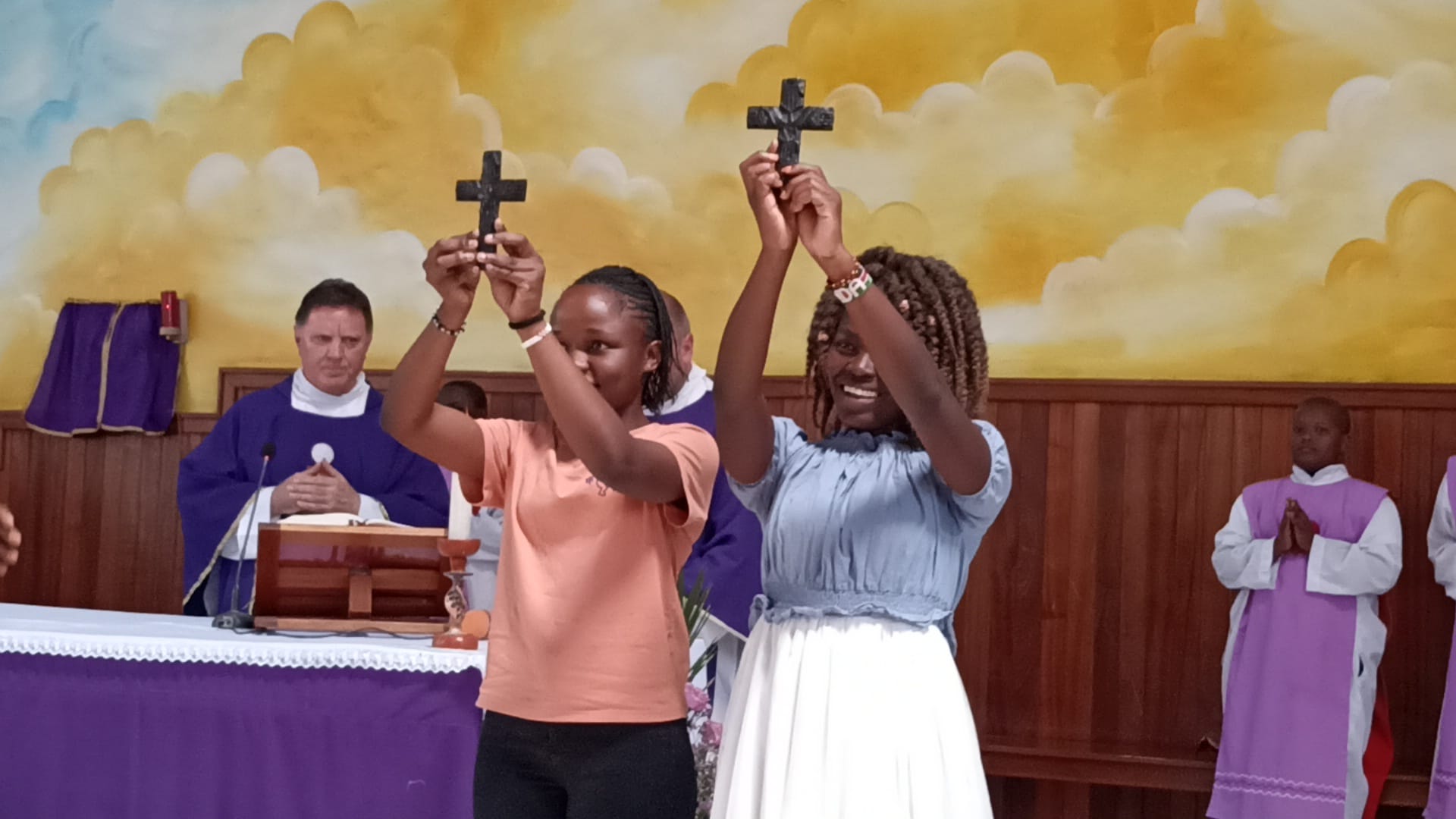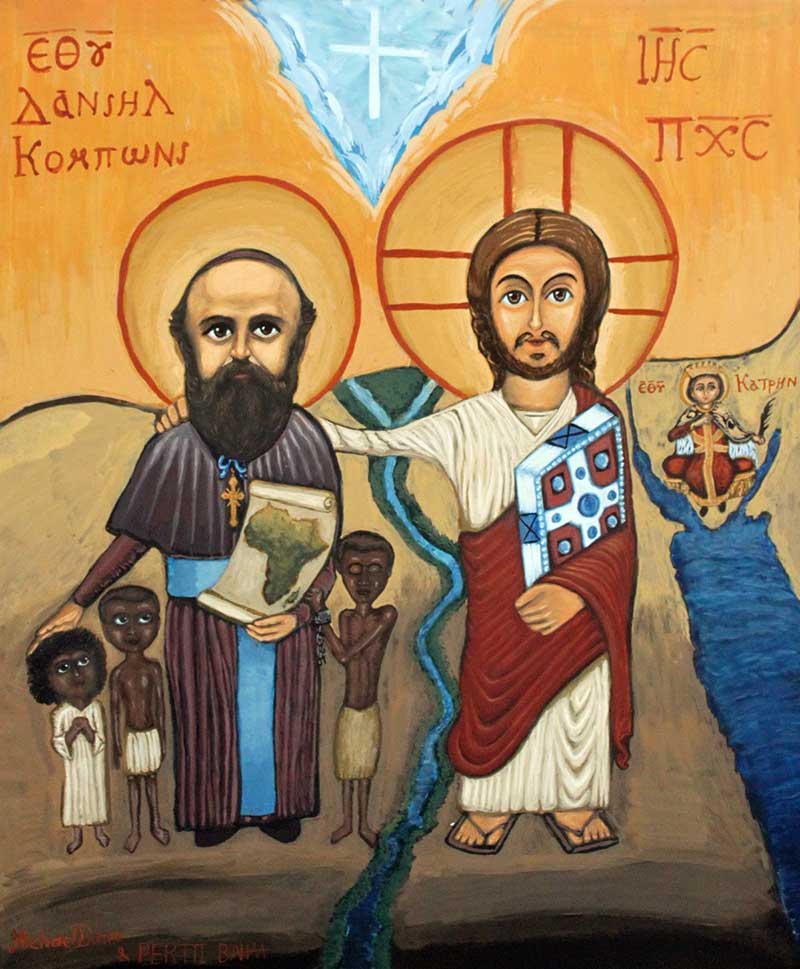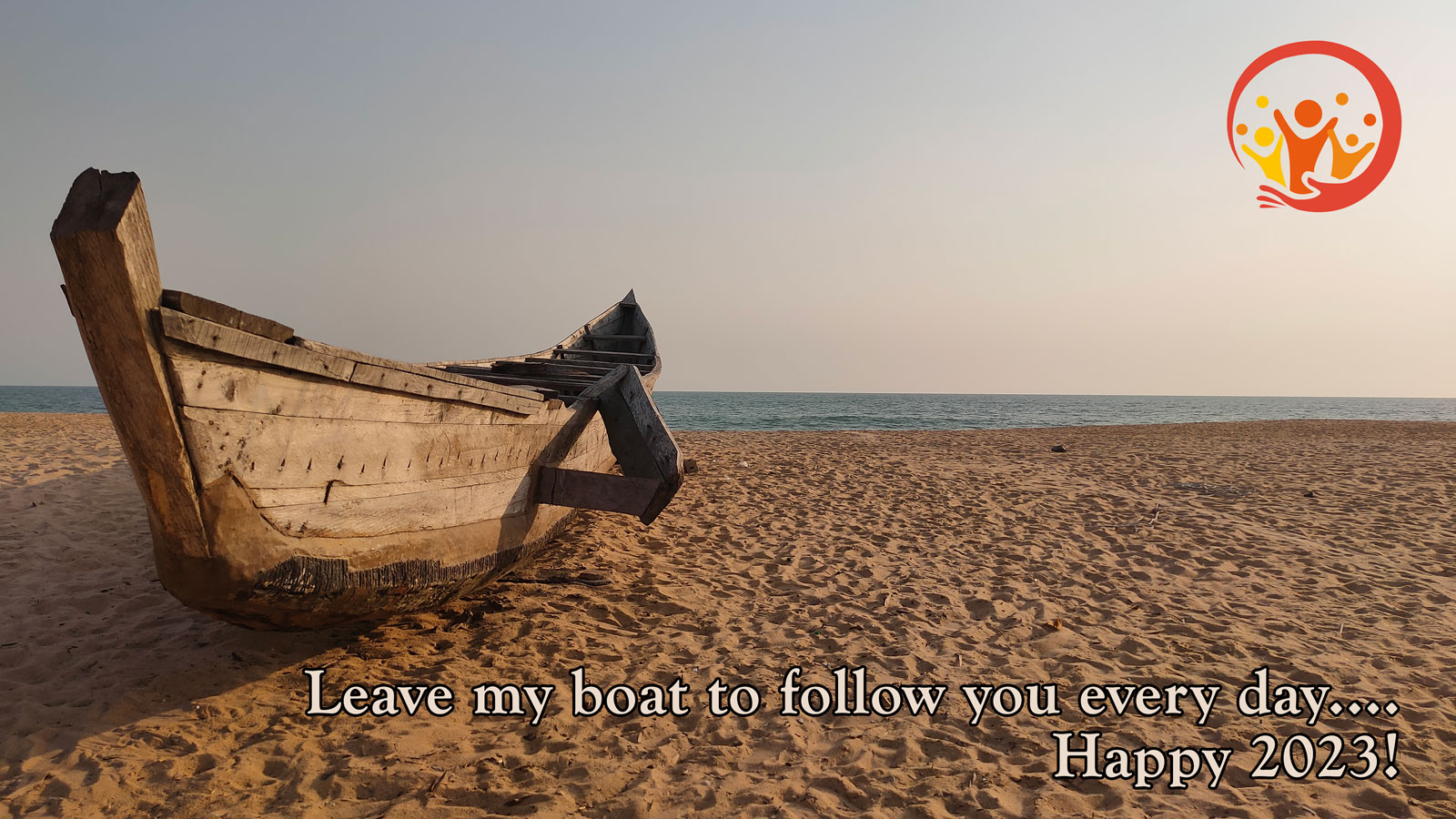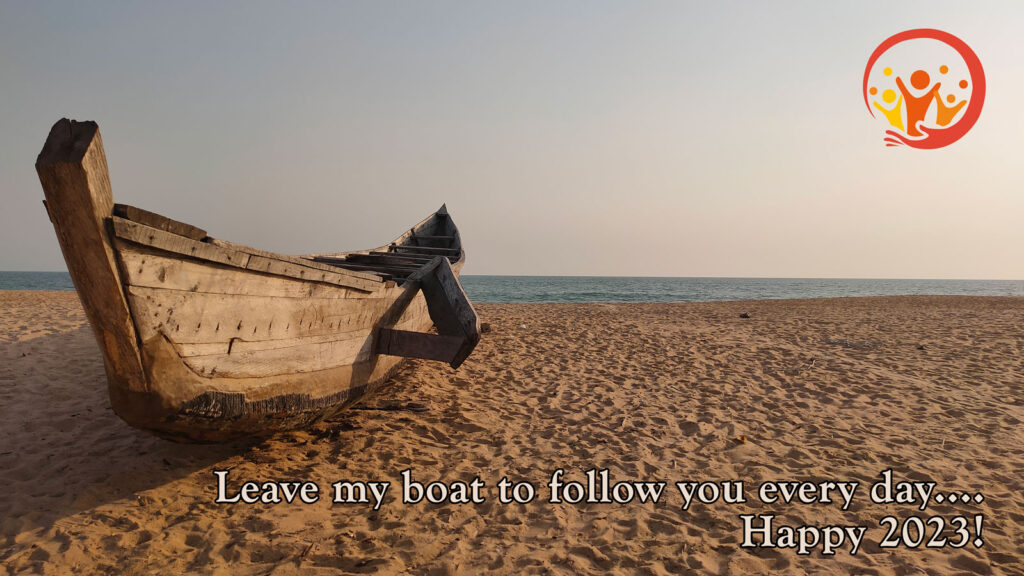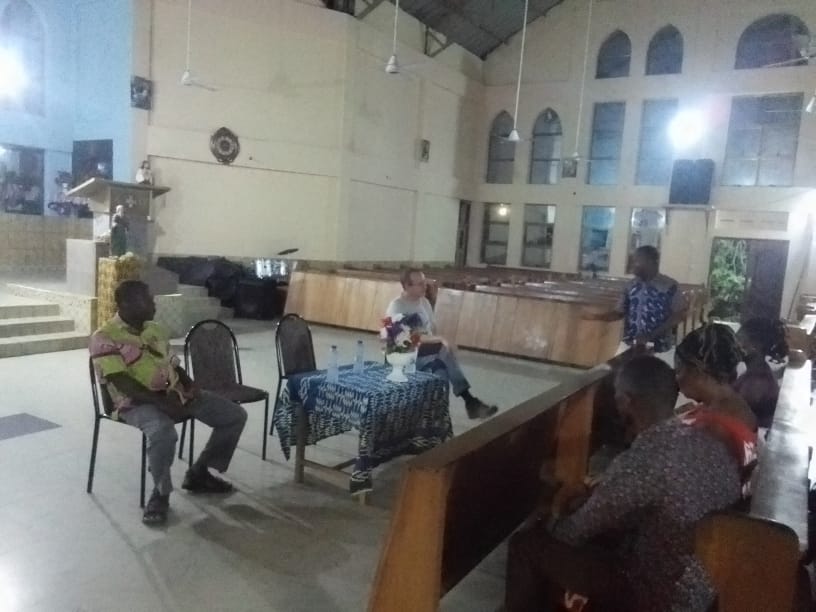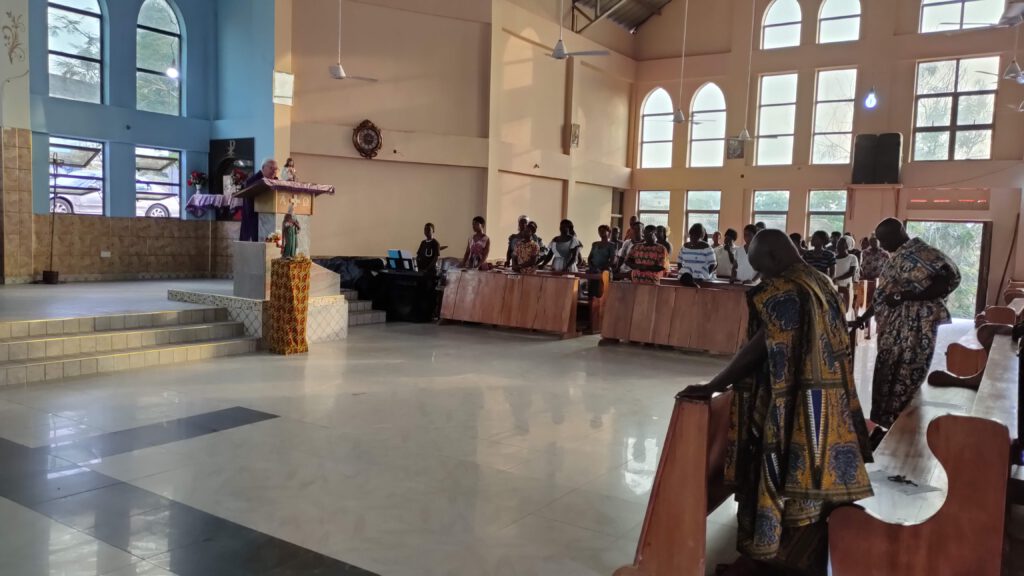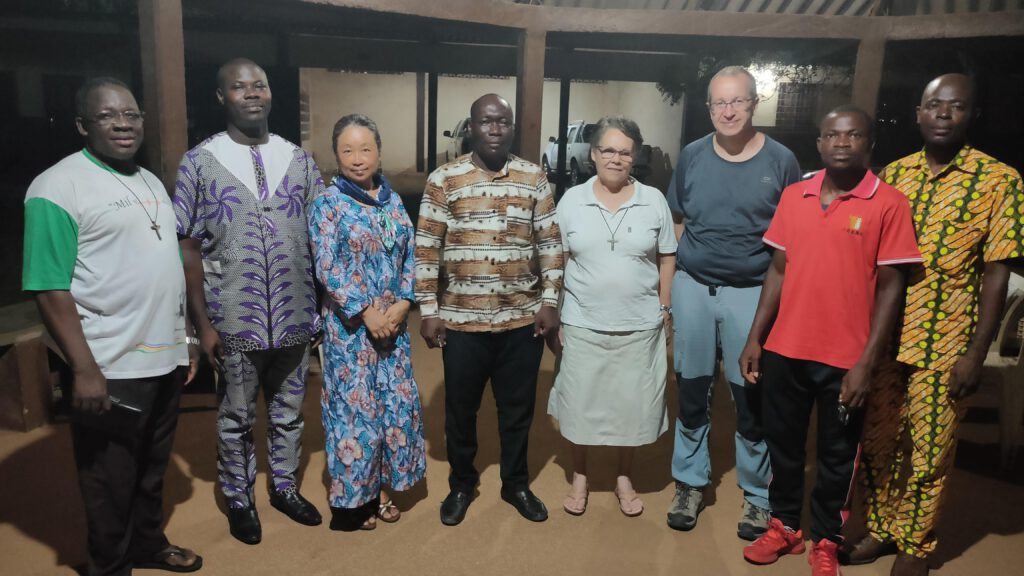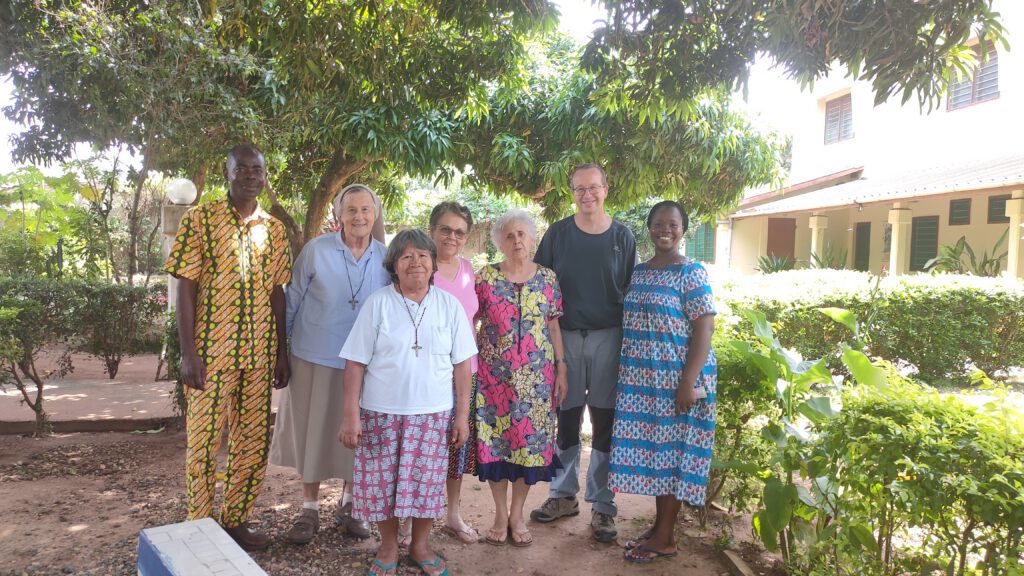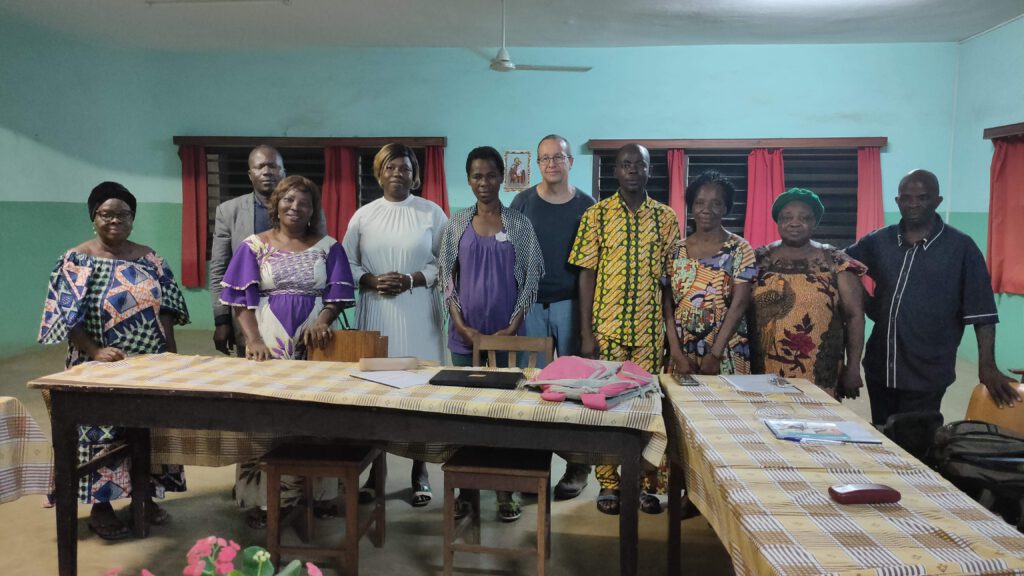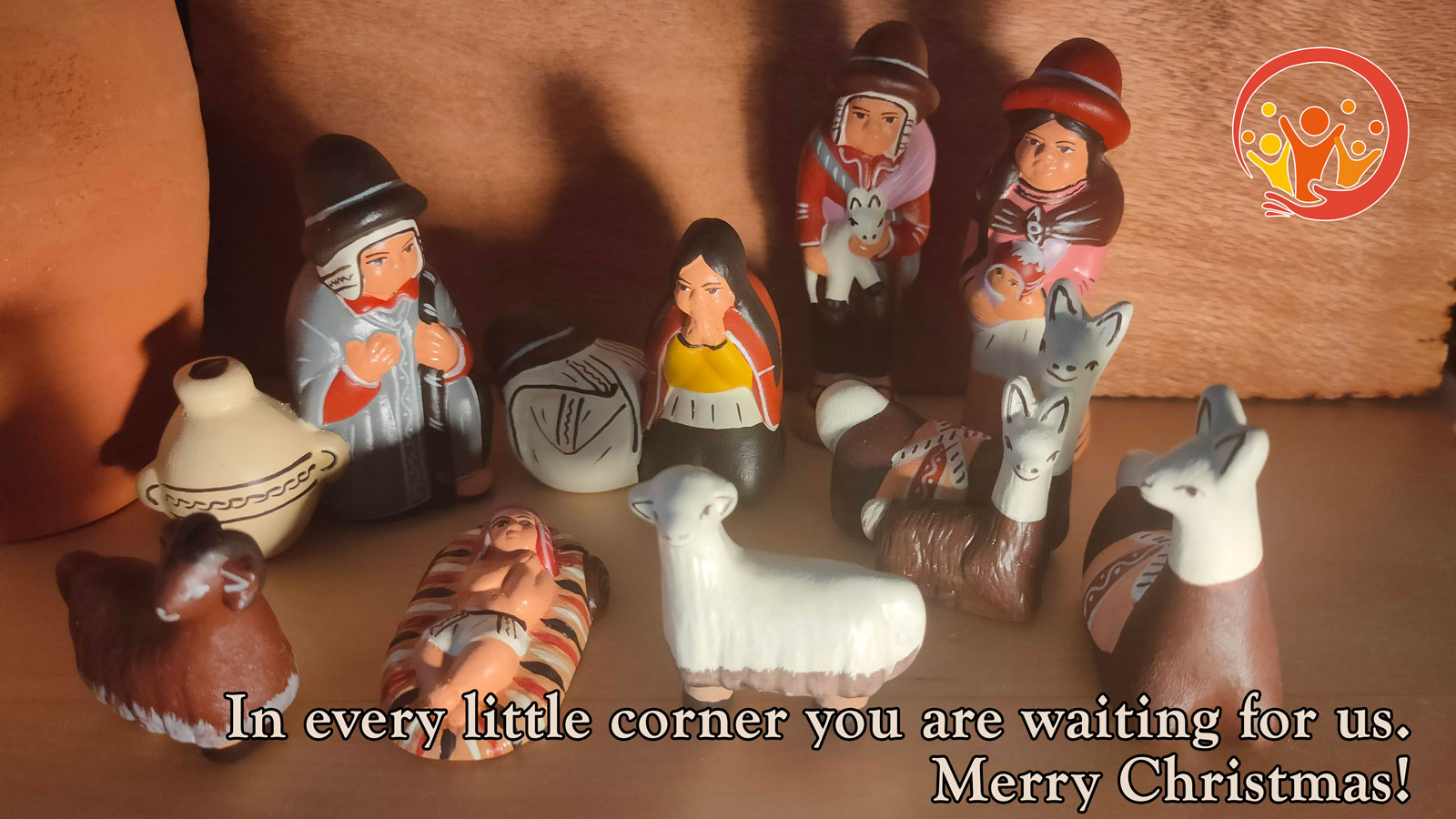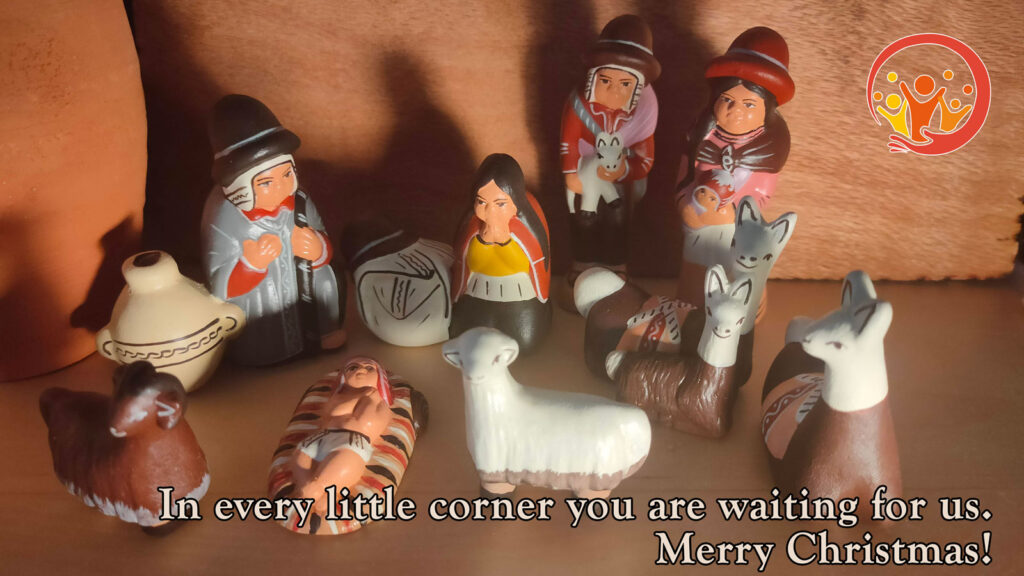On 18th of December 2022, two candidates were commissioned, Maria and Belinda, who were undergoing formation. They have become officially Comboni Lay Missionaries, in the presence of MCCJ Fathers, parents of the candidates and other members of the Comboni Family. The celebration took place at St Daniel Comboni in Huruma, Kariobangi parish. We are overwhelmed with joy, congratulations to them!
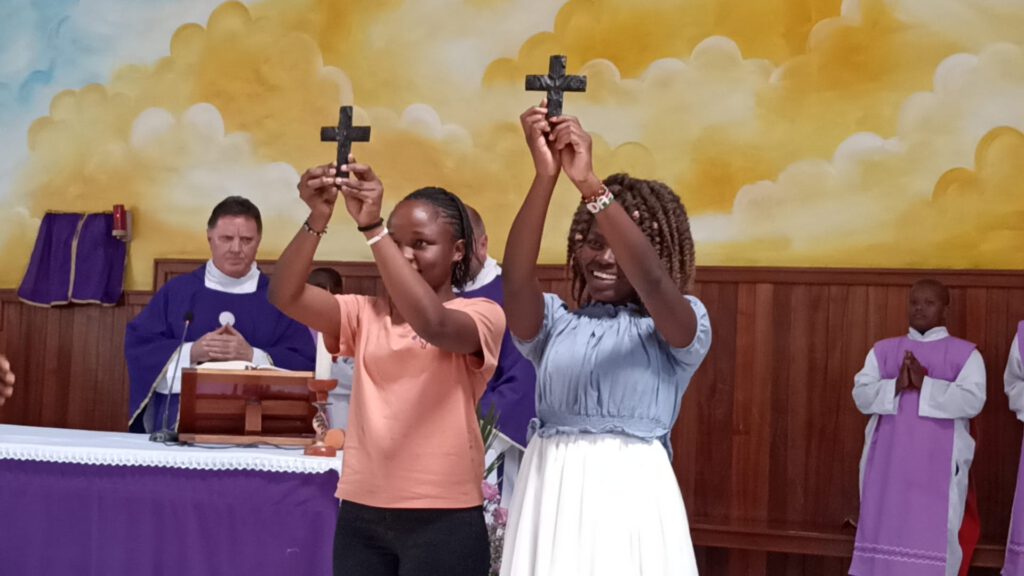
On Christmas, some members joined the international community in Kitelakapel (Linda and Pius) to celebrate with them. They shared some beautiful moments and we also watched an amazing movie together as a community.
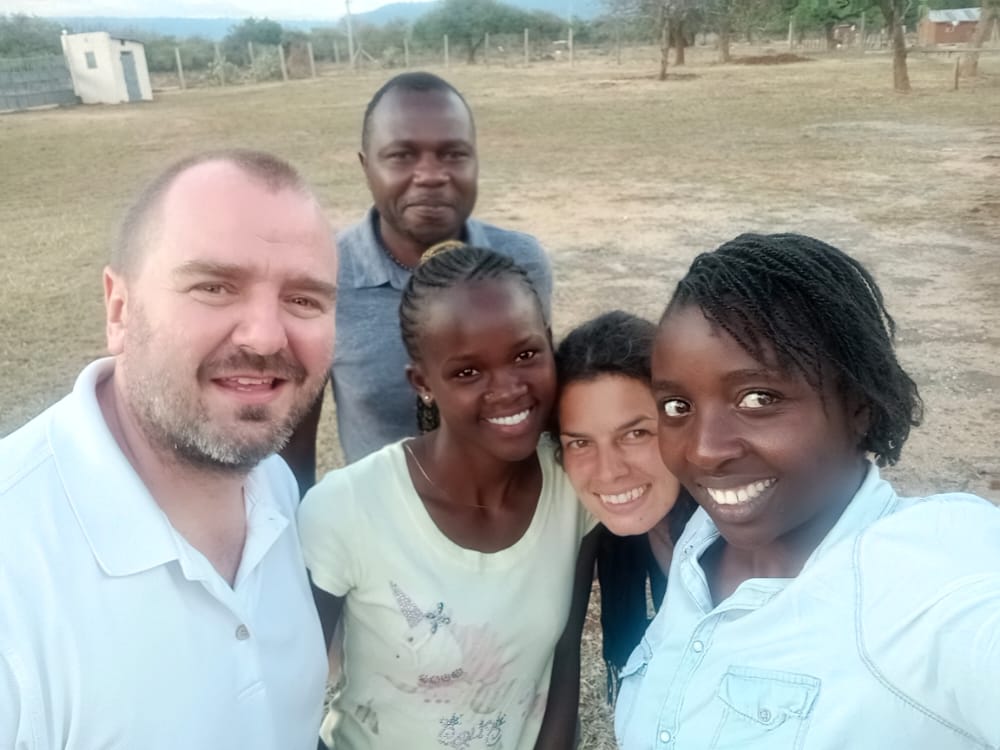
In conjunction, we were invited to facilitate the youth retreat with the mccj at Chelopoy, Amakuriat parish, which was held from 26th to 29th December. This is a great achievement for us, as we are now extending our collaboration with the MCCJ also beyond our own parish.
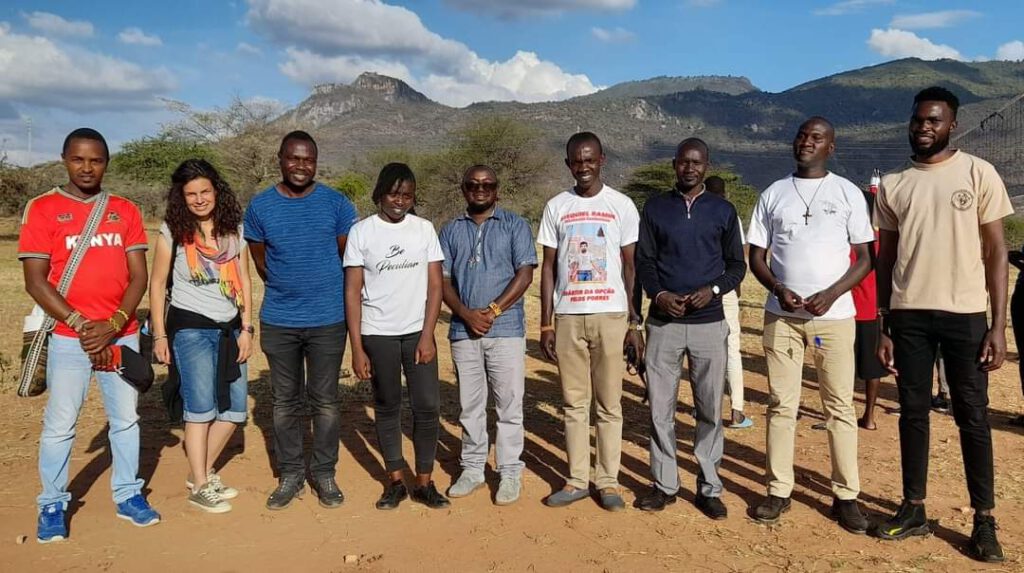
Just recently, at the beginning of January 2023, we had our assembly, where we planned and budgeted our activities for this year. We confirmed in their roles the leaders of the previous year, since they have to serve a term of 2 years.
In addition, we decided to add more roles and therefore nominated new leaders, so they can help the existing ones to make things run smoothly. To this purpose, we added the communications and projects coordinators.
We also included in our plan inputs from the African assembly in Benin, reviewed our constitution and later on had a moment of socialization, which did mark our occasion successfully.
We also included a new aspect in our formation meetings, as we decided to add to our monthly meetings moments of service in organisations, like visiting children’s homes and etc. For example, on the last day of our meeting we spent some time at the center of the sisters of charity, helping them looking after a group of disabled children.
We thank the Lord for all these fruitful events, the work we have done so far, the small and big achievements we have attained, the enthusiasm and commitment He has filled us with, and we trust that He will accompany us even more in the year that has just started, wishing a wonderful new start to all the other groups of CLM out there!!!
CLM Kenya




